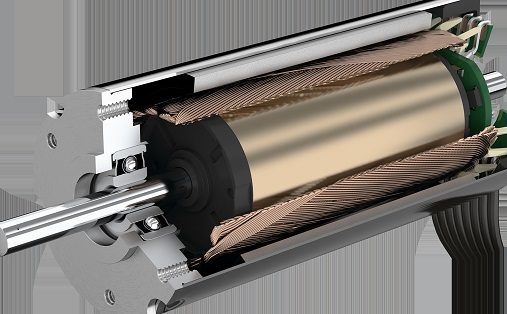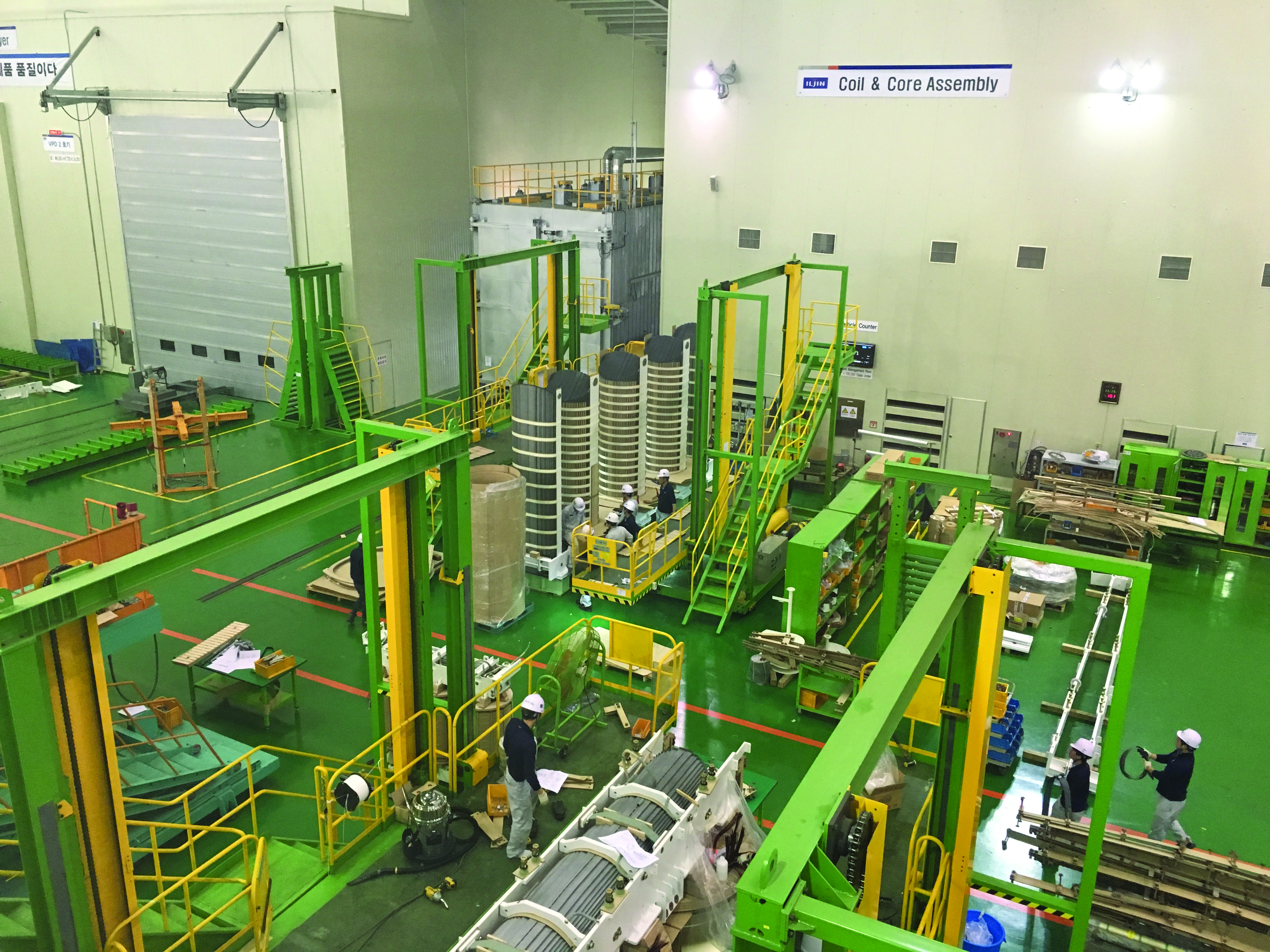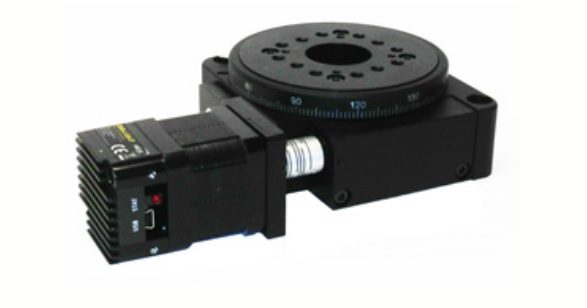Mechatronics
High Level Automation & System Integration
Mechatronics Technologies in E-Mobility Applications
Read More
Mechatronic Methodology
Iljin Electric Collaborates with Siemens Digital Industries on Product Development
Read More















